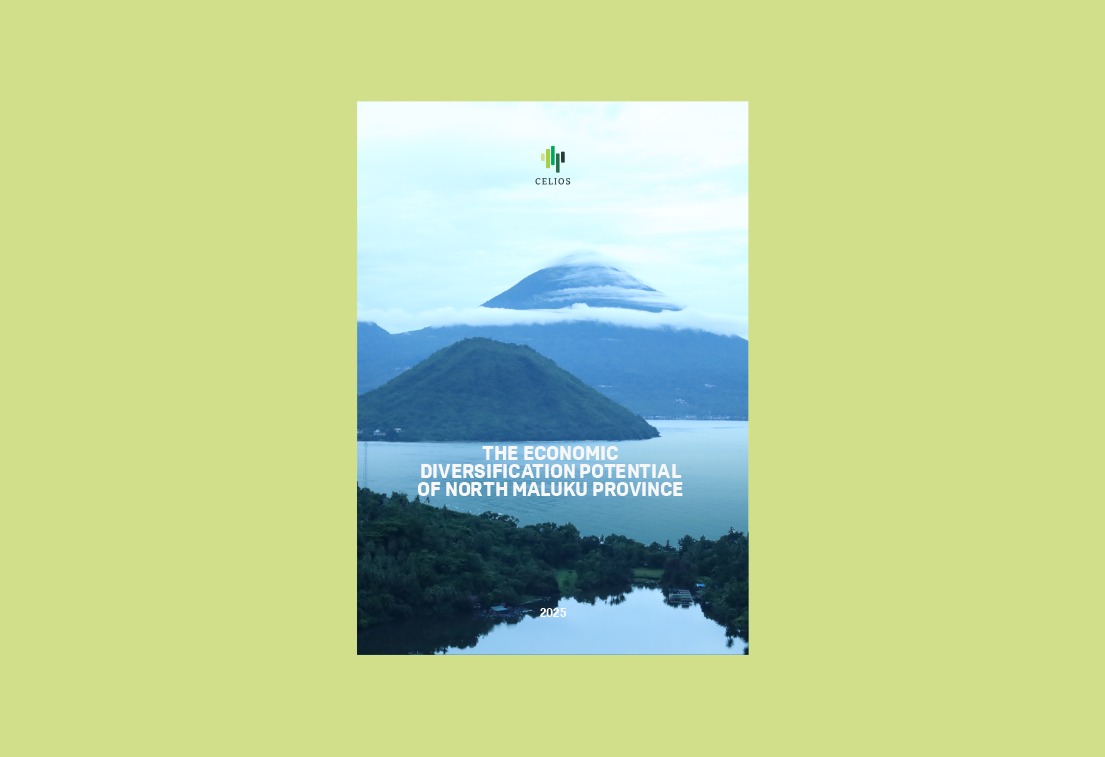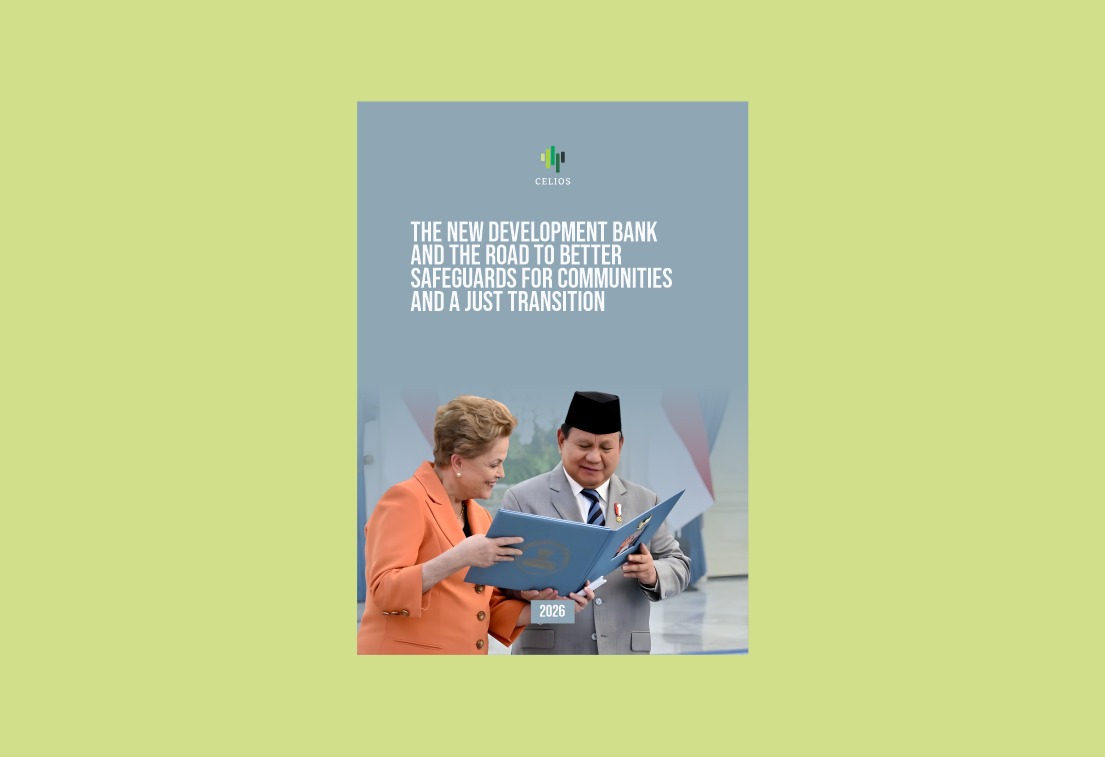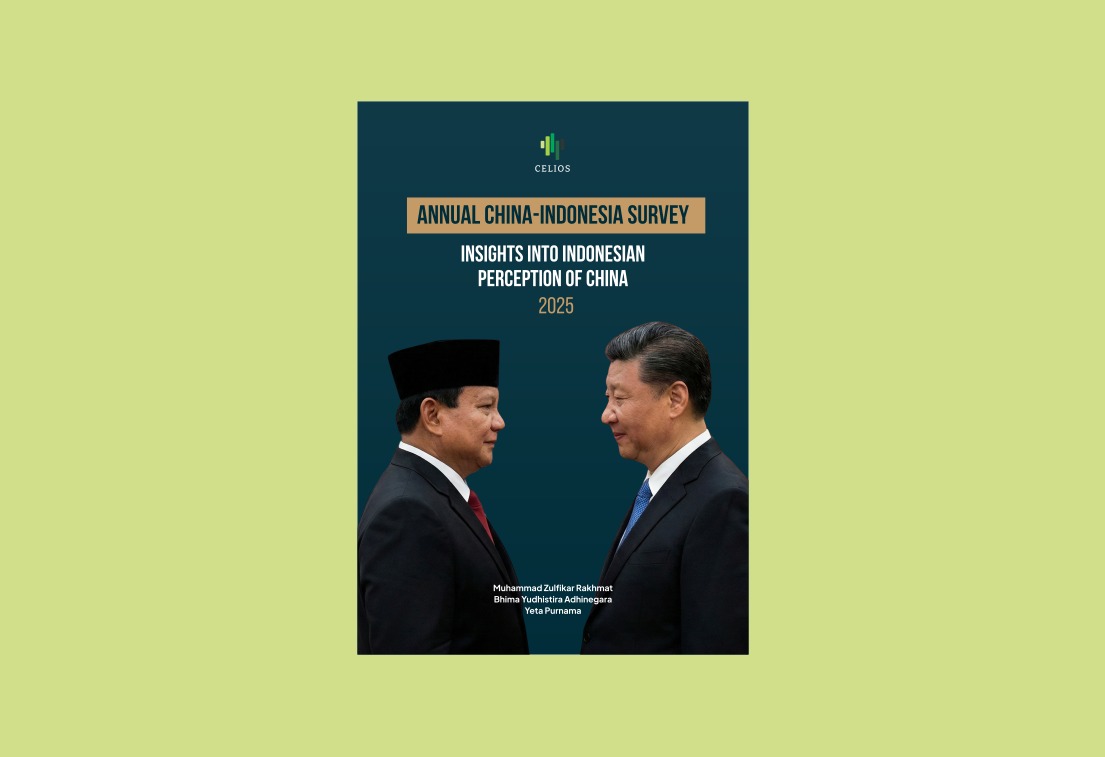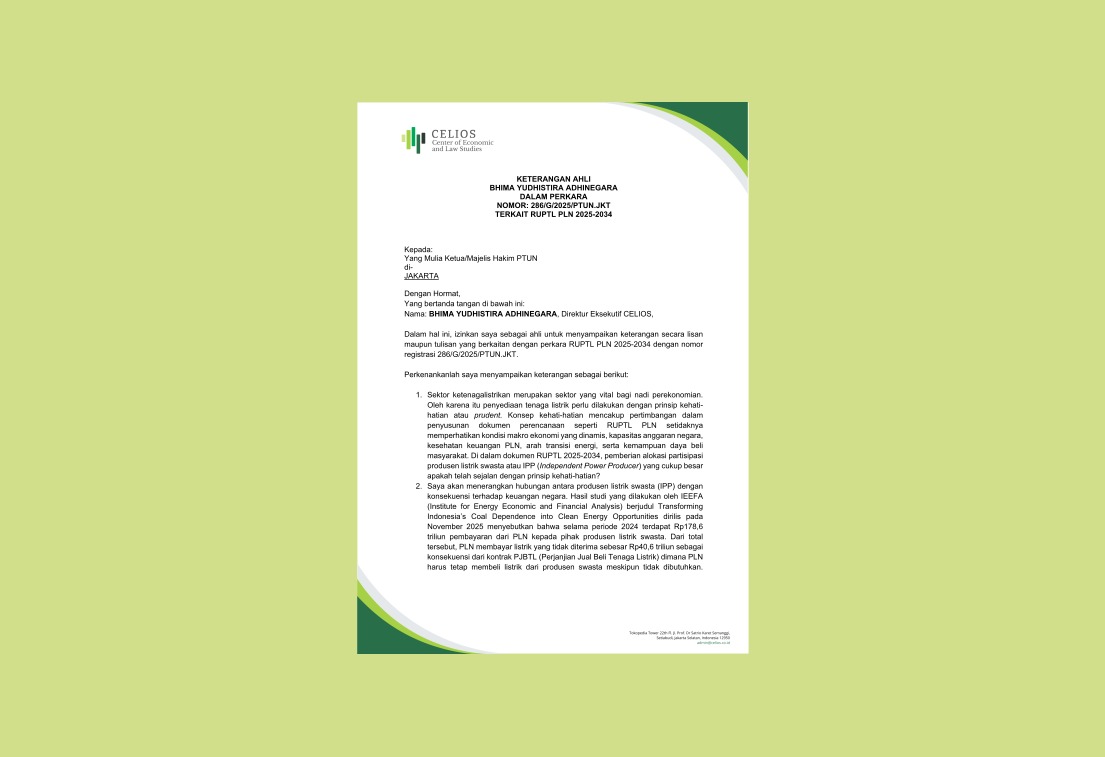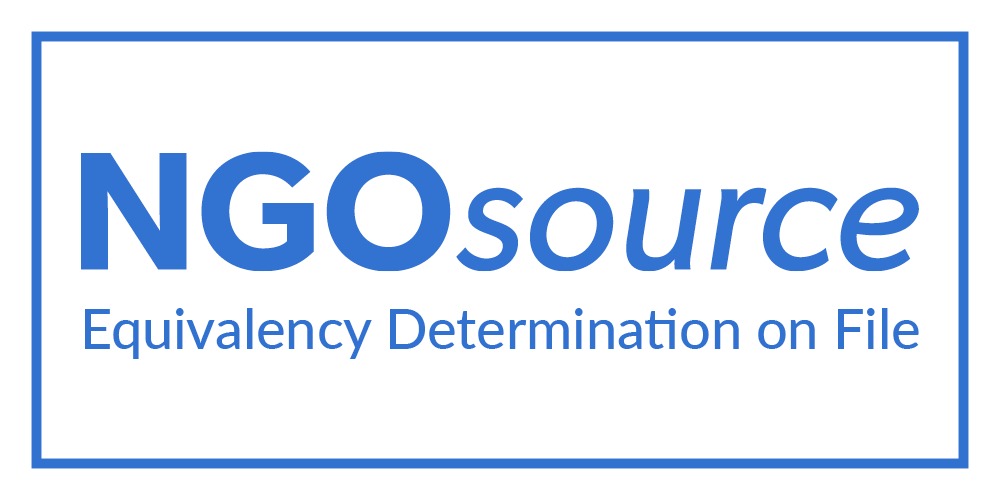Sejak tahuan 2020, Maluku Utara menjadi pusat ambisi pemerintah Indonesia dalam pertambangan dan hilirisasi nikel. Dampaknya sangat besar: di atas kertas, provinsi ini mencatat pertumbuhan ekonomi sebesar dua digit sejak 2021. Bahkan pada 2022 dan 2023, di tengah tekanan COVID-19, pertumbuhan masih menembus 20%. Meski terlihat mengesankan, ketergantungan berlebihan pada nikel membawa risiko serius bagi perekonomian masyarakat dan lingkungan.
Nikel adalah komoditas terbatas, dengan harga dan permintaan yang sangar dipengaruhi pasar global. Saat cadangan habis, masa depan ekonomi Maluku Utara bisa goyah. Jika tidak diantisipasi, industri ini berisiko meninggalkan kerusakan lingkungan permanen. Padahal, RPJPN 2025–2045 sudah menekankan pentingnya pertumbuhan ekonomi yang lebih berkelanjutan di tingkat daerah.
Diversifikasi menjadi kunci. Laporan CELIOS menilai pertanian, perikanan, dan energi terbarukan sebagai sektor potensial. Dengan pengembangan serius, sektor-sektor ini diperkirakan bisa menambah Rp76 triliun bagi ekonomi Maluku Utara dalam 20 tahun, menciptakan 1,8 juta lapangan kerja, serta menyalurkan tambahan Rp28 triliun dalam bentuk pendapatan pekerja di sektor terbarukan.
Secara rata-rata, diversifikasi ini bisa mendorong pertumbuhan ekonomi sekitar 2,96% per tahun selama dua dekade, di luar pertumbuhan dasar yang sudah ada. Angkanya memang tidak sebesar lonjakan jangka pendek dari nikel, tetapi jauh lebih stabil dan berkelanjutan. Pendekatan ini memungkinkan Maluku Utara tumbuh tanpa harus mengorbankan lingkungan, sekaligus memberi fondasi ekonomi jangka panjang.
Since the early 2020s, North Maluku has become the locus of the Indonesian government’s ambitions in nickel mining and downstream processing. The impact has been significant: on paper, this province’s economy has recorded double-digit growth since 2021. Even in 2022 and 2023, during the pressures of COVID-19, growth still surpassed 20%. While these figures look impressive, North Maluku’s heavy reliance on nickel poses serious economic and environmental risks.
Nickel is a non-renewable resource, with prices and demand highly volatile in response to fluctuations in the global market. Once reserves are depleted, the future of North Maluku’s economy could become unstable. Without proper mitigation, the industry also risks leaving behind permanent socio-ecological damage. Meanwhile, the RPJPN 2025–2045 has already emphasized the need for more sustainable economic growth at the regional level.
Diversification is the key. A CELIOS report highlights agriculture, fisheries, and renewable energy as promising sectors. With serious investment, these sectors could contribute an additional IDR76 trillion to North Maluku’s economy over the next 20 years, create 1.8 million jobs, and generate an extra IDR28 trillion in wages.
On average, this diversification could boost economic growth by about 2.96% per year over two decades, on top of the province’s baseline growth. The figure may not match the short-term surge driven by nickel, but it offers far greater stability and sustainability. This approach would allow North Maluku to grow without sacrificing the environment, while laying the foundation for long-term prosperity.


